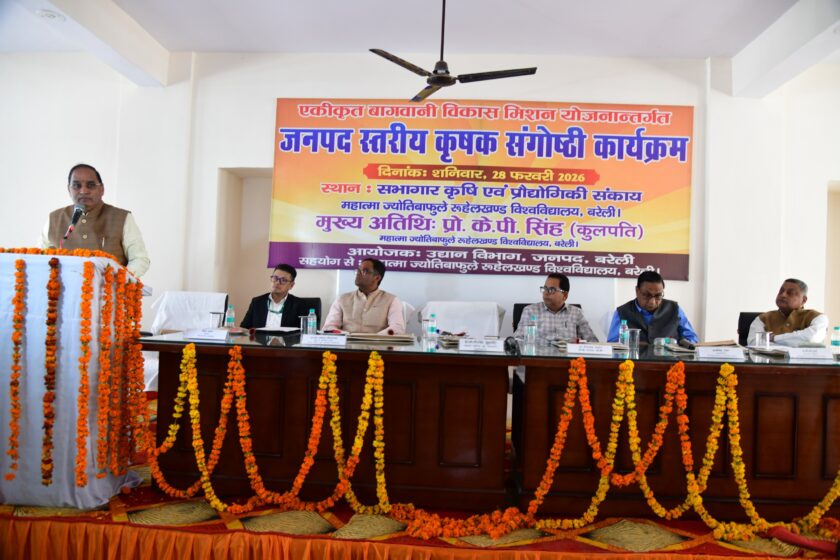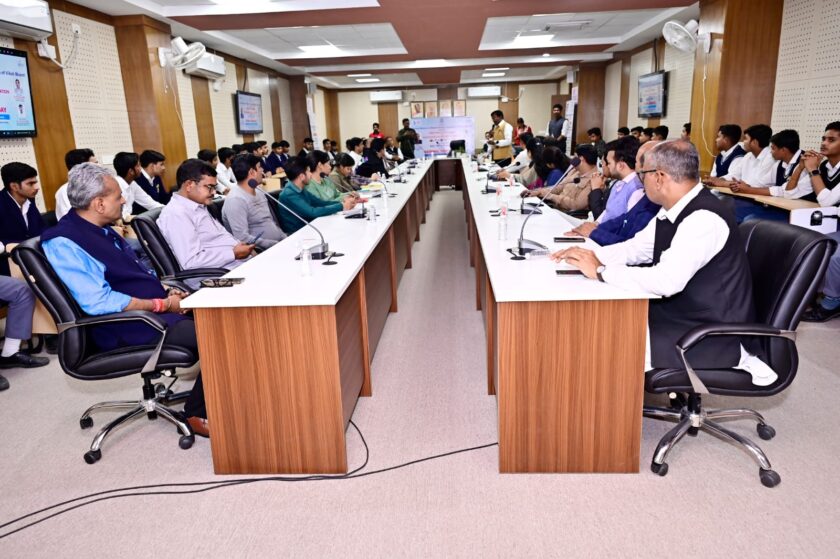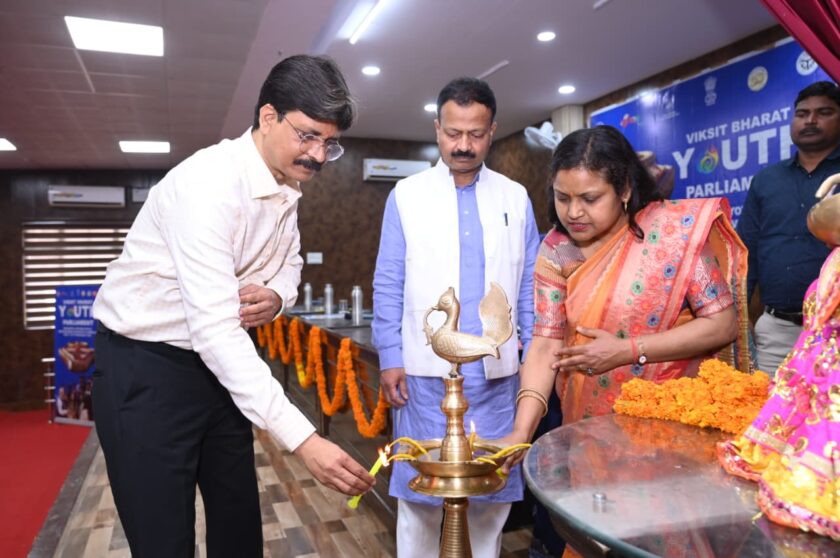Delhi | As the Bihar Assembly elections draw closer, political rhetoric in the state is taking on increasingly dramatic shades. Both the ruling National Democratic Alliance (NDA) led by Chief Minister Nitish Kumar and the opposition Mahagathbandhan are leaving no stone unturned to woo voters — not just through development promises, but now through emotional and symbolic appeals.
Just minutes before the Model Code of Conduct came into effect, the Nitish government made a slew of last-minute announcements. Under the Mahila Udyami Yojana, ₹10,000 was transferred to each of 21 lakh women on October 6, 2025, right before the poll dates were declared. The government also hiked the social security pension from ₹400 to ₹1,100 per month. Meanwhile, the opposition’s Tejashwi Yadav unveiled an equally populist basket of promises — from one government job per family to offering livelihood workers (Jeevika Didis) a ₹30,000 monthly salary and interest-free loans.
While welfare schemes dominate one side of the campaign, the BJP — the NDA’s strongest pillar in Bihar — appears to be reverting to its old playbook of fear and nostalgia. Senior BJP campaigners have revived memories of the so-called “Jungle Raj” of the Lalu Prasad era, warning that the return of the opposition could unleash lawlessness. Ironically, critics point out that Bihar today continues to battle crime, corruption, and illegal liquor trade, despite the BJP being in power for nearly two decades.
The campaign tone has also grown harsher. BJP leaders, including Prime Minister Narendra Modi and Home Minister Amit Shah, have launched sharp attacks on the opposition, accusing them of “appeasement politics” and “protecting infiltrators.” Yet, observers note that the party, despite its long presence in Bihar, has still not projected a chief ministerial face.
Amid the heated campaign, PM Modi recently struck an emotional chord in Darbhanga. Referring to a derogatory comment allegedly made against his late mother, he told a rally, “Those who insulted my mother have insulted every mother in India.” The Prime Minister, visibly moved, turned the moment into a plea for empathy and votes — a familiar strategy, say political watchers. Over the years, Modi has often revisited instances of personal insults — from being called “Maut ka Saudagar” to “Neach” — and framed them as collective affronts to the Indian people.

The opposition, however, points out that the BJP’s moral stance is selective. Congress leaders cite numerous offensive remarks made by BJP figures in the past — from comments about personal lives of Congress leaders to communal slurs — but stress that they have avoided weaponizing such insults for sympathy votes.
Union Home Minister Amit Shah, at a rally in Lakhisarai on October 30, urged voters to “press the button with such anger that the current reaches Italy,” reviving his signature rhetorical style. Such speeches, filled with fear, emotion, and identity-based jibes, continue to dominate the campaign trail — often pushing real issues like education, unemployment, healthcare, and law and order into the background.
Political analysts say this “politics of victimhood” has now become an art form — a means of deflecting attention from governance lapses while stirring emotional solidarity among voters. As one observer noted, “When even a leader who once boasted of a 56-inch chest seeks votes in the name of hurt and helplessness, it’s clear that Bihar’s politics has turned into theatre — with emotion as the main script.”
In Bihar 2025, it seems, “Bechargi” (victimhood) is the new political currency — traded not in promises of reform, but in performances of pain.









